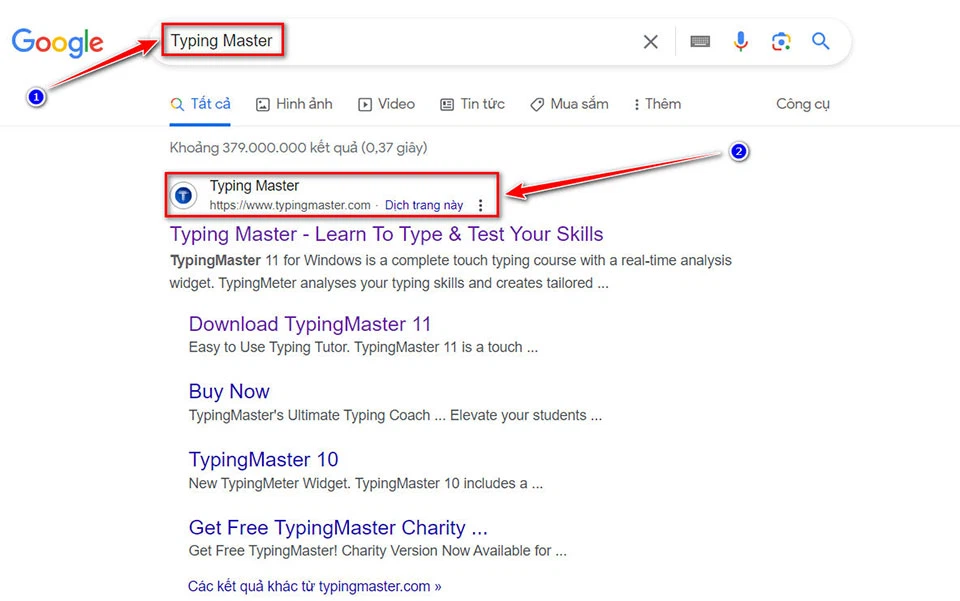Pumpkin seeds are a delicious and nutritious food enjoyed by many. While they are known for their health benefits, some people wonder if eating pumpkin seeds can make you fat. Is there a way to eat pumpkin seeds that can help with weight loss? Let’s explore this together!
1. Nutritional Value of Pumpkin Seeds
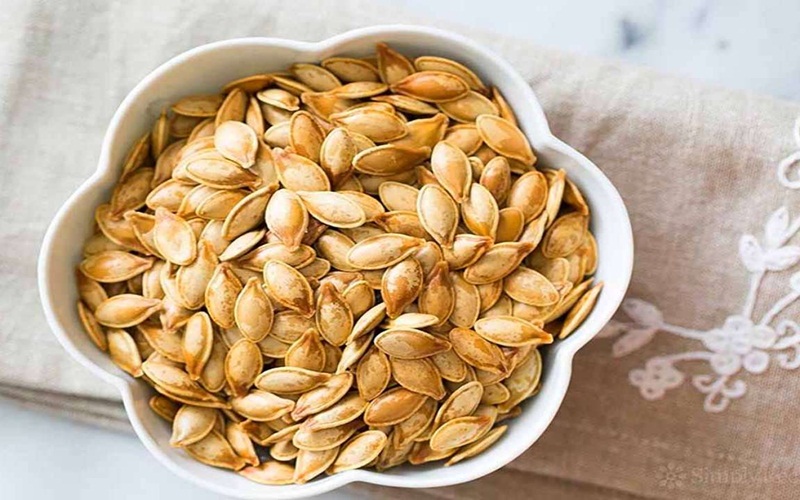 Pumpkin seeds are packed with nutrients beneficial for your health
Pumpkin seeds are packed with nutrients beneficial for your health
Nutritional Value of Pumpkin Seeds
If you’re wondering whether eating pumpkin seeds is good for you, the answer is yes! According to the National Nutrient Database for Standard Reference of the United States Department of Agriculture (USDA), a 100-gram serving of unsalted pumpkin seeds contains:
- 14.7g of carbohydrate (including 1.29g of sugar and 6.5g of fiber)
- 29.8g of protein
- 49g of fat
- 52mg of calcium
- 8.07g of iron
- 8.54g of saturated fatty acids
Pumpkin seeds also contain important nutrients for your health, such as vitamin K, phosphorus, magnesium, manganese, zinc, copper, selenium, phytosterol, and more.
Benefits of Pumpkin Seeds
The diverse nutritional profile of pumpkin seeds offers a range of health benefits, including:
- Improving sperm quality: Pumpkin seeds are rich in zinc, which is beneficial for the prostate gland and can improve sperm quality, enhance kidney function, and increase male fertility.
- Lowering blood pressure: Pumpkin seeds are a good source of amino acids, which help reduce blood pressure and chest pain. They also aid in reducing frequent urination and nighttime urination.
- Preventing gum recession: Pumpkin seeds contain vitamin C, carotenoids, and vitamin A, which help prevent gum recession and promote healthy gums and jaw bones.
- Boosting immunity and preventing osteoporosis: A 28-gram serving of pumpkin seeds provides over 2 mg of zinc, which supports the immune system and helps prevent osteoporosis.
- Providing optimal plant-based fats: Pumpkin seeds are a source of polyunsaturated fats, which are beneficial for cardiovascular health and blood pressure regulation, contributing to overall well-being.
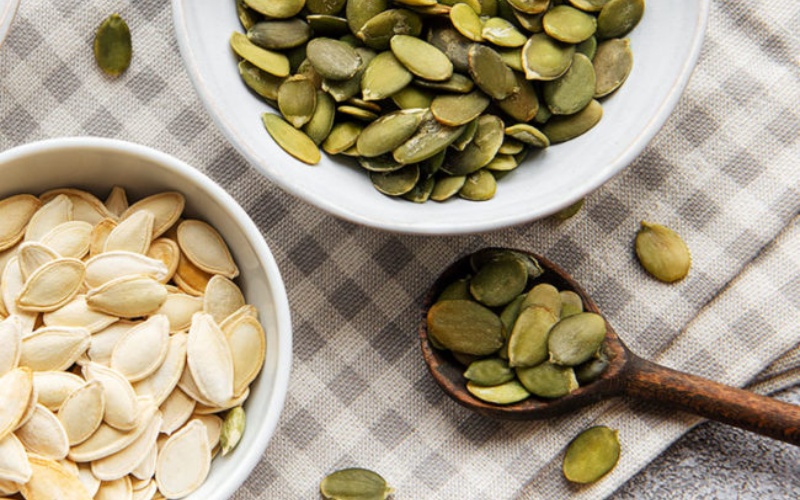 Benefits of Pumpkin Seeds
Benefits of Pumpkin Seeds
2. How Many Calories Are in 100g of Pumpkin Seeds?
According to research, 100 grams of raw pumpkin seeds contain approximately 559 calories. However, experts suggest that the fat and calorie content in pumpkin seeds are beneficial for cardiovascular health, so you can consume them without worrying about weight gain.
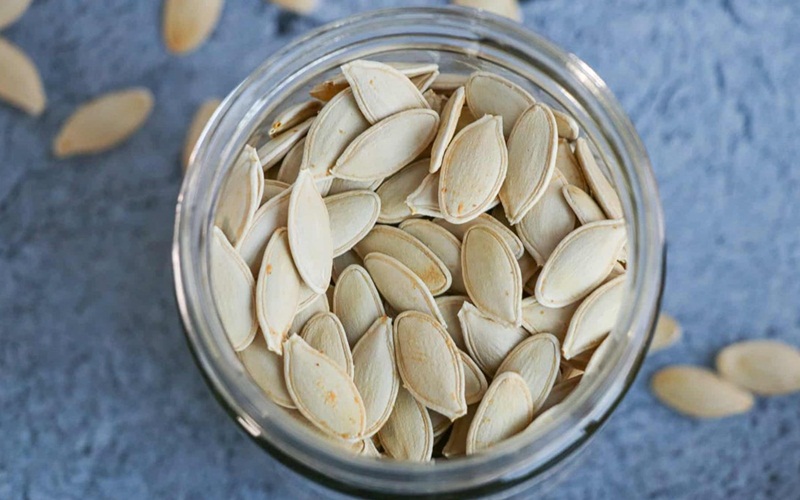 Raw pumpkin seeds contain 559 calories per 100g
Raw pumpkin seeds contain 559 calories per 100g
3. Will Eating Pumpkin Seeds Make You Fat?
The answer is no! If you consume pumpkin seeds in moderation, you don’t need to worry about weight gain.
It’s simple math: the recommended calorie intake for a main meal is around 667 calories, while 100 grams of pumpkin seeds provide 559 calories, which is still below the recommended limit.
Therefore, if you eat 100 grams of pumpkin seeds and don’t consume additional calories from other sources, you don’t have to be concerned about your weight.
Moreover, pumpkin seeds are rich in nutrients and contain healthy fats that promote stable metabolism and balanced energy levels, making you feel fuller for longer and reducing the urge to snack.
Pumpkin seeds are also a good source of fiber, which aids in detoxifying the body and limiting fat absorption, helping to curb appetite and support weight loss.
 Will Eating Pumpkin Seeds Make You Fat?
Will Eating Pumpkin Seeds Make You Fat?
4. Delicious and Healthy Pumpkin Seed Recipes
If you want to use pumpkin seeds for weight loss, you can incorporate them into various tasty dishes, such as the ones mentioned below:
Pumpkin Seed and Black Garlic Milk: This easy-to-make drink combines the creamy, nutty flavors of pumpkin seeds and black garlic, making it a delicious and healthy option. It helps burn calories, improves metabolism, reduces fat accumulation, and supports weight loss.
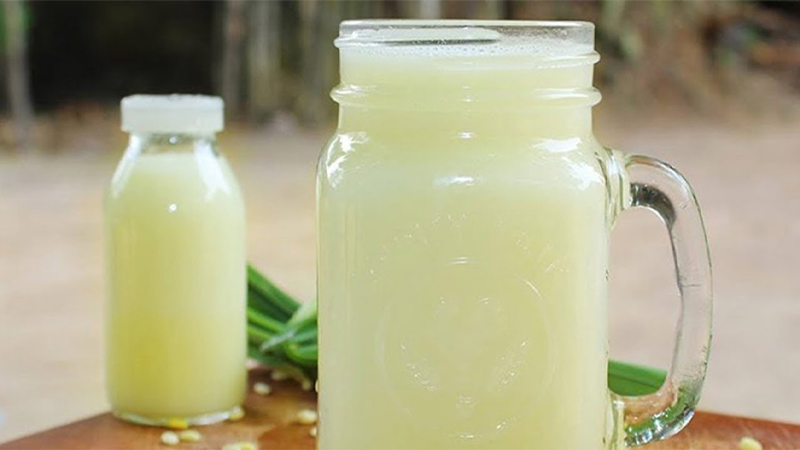 Pumpkin Seed Milk for Weight Loss
Pumpkin Seed Milk for Weight Loss
Pumpkin Seed Milk: Pumpkin seed milk is nutritious and has a pleasant flavor. It provides a rich source of energy, promotes a feeling of fullness, curbs cravings, and aids in safe and rapid weight loss.
Roasted Pumpkin Seeds: Roasting pumpkin seeds is perhaps the simplest way to enjoy them. This method gives you a tasty snack that is packed with nutrients and fiber, helping you avoid unhealthy snacks and maintain your weight.
5. Things to Keep in Mind When Eating Pumpkin Seeds for Weight Loss
While pumpkin seeds offer nutritional benefits and support weight loss, there are a few things to consider when incorporating them into your diet:
- The effectiveness of using pumpkin seeds for weight loss depends on how you consume them. For best results, limit your intake to approximately 100 grams per day. It is recommended to eat pumpkin seeds after a main meal and follow it up with some physical activity.
- According to experts, combining pumpkin seeds with certain foods can enhance their weight loss properties. These include oats, yogurt, and salads.
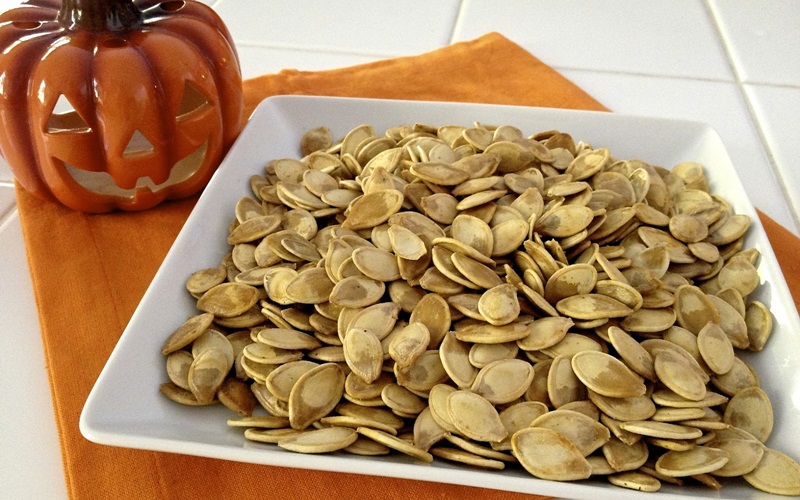 Overeating pumpkin seeds may cause stomach discomfort and weight gain
Overeating pumpkin seeds may cause stomach discomfort and weight gain
- Consuming too many pumpkin seeds may lead to side effects such as stomach discomfort, weight gain, allergies, nasal congestion, and more. It is important to monitor your intake and not overeat pumpkin seeds.
- If you have a history of allergies, avoid eating pumpkin seeds. When purchasing pumpkin seeds, opt for fresh, non-moldy, and undamaged seeds.
In conclusion, pumpkin seeds can be a great addition to your weight loss journey. So, if you’re planning to shed some pounds, don’t forget to include pumpkin seeds in your diet!
Source: United States Department of Agriculture (USDA)



























